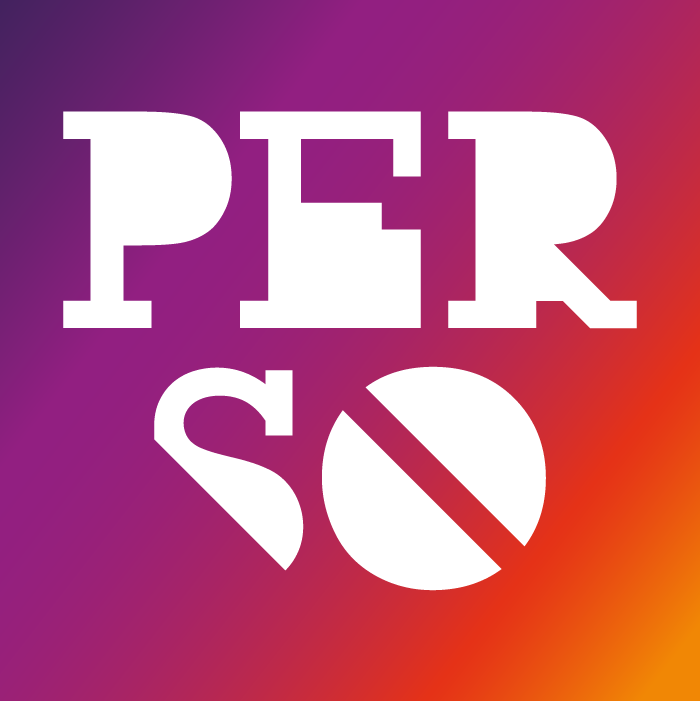Intensive life unit
PerSo Award
By Adéla Komrzý
Czech Republic, 2021, 75’
Sunday, Oct. 02, Méliès Cinema, Via della Viola 1, 9:30 p.m.
(Repeat) Friday, 07, Postmodernissimo Cinema, Via del Carmine, 4, 3:30 p.m.
Original title: Jednotka intenzivního zivota
Director: Adéla Komrzý
Camera: Prokop Souček
Editor: Mariana Kozáková
Music: Marek Mrkvička
Sound: Michaela Patríková, Daniela Vaníčková
Dramaturgy: Klára Tasovská
Visual postproduction: UPP
Sound postproduction: Soundsquare
Production manager: Kryštof Zelenka
Česká televize Creative Producer: Věra Krincvajová
Producer: Nutprodukce s.r.o.
Co-producers: Česká televize, FAMU, UPP
This film was made with the generous support of the State Cinematography Fund and the Abakus foundation.
SYNOPSIS
Who decides that a life has ended? The patient or the doctor?
Doctors Ondřej and Kateřina often touch on the intangible in their work. In this feature-length documentary, the pioneers of Czech hospital palliative care discuss topics that have essentially disappeared from our lives. Against an environment of robotic medicine and deified white coats, focusing on the disease itself, the human being returns to the centre of their attention. In intimate conversations, doctors and their patients look for answers to a question that has,
unfortunately, been forgotten in hospitals where life ends for 60 to 70% of Czech society: “How does one live a quality life with an illness?”
Over a period of three years, director Adéla Komrzý has documented the Department of Palliative Care at the General University Hospital on Charles Square in Prague. This originated as a pilot project to serve as an example for other hospitals. A team of experts help patients find solutions and make decisions that may be of benefit to them in an era that offers endless possibilities for life to be extended artificially. Because life is not just a beating heart and expanding lungs…
Director’s Statement
I started filming after a personal experience of my own when my friend’s sister was dying in hospital and, sadly, things didn’t turn out well. Nobody received any information from the doctors about what was happening, the family was floating on a cloud of uncertainty and never had the opportunity to come to terms with the inevitable. Over time I began to feel a sense of injustice and undefined rage, which arose from the question, how was it possible not to manage this better? I was very aware that death, just like childbirth, is an integral part of human life and that our departure should take place in a dignified manner. Satisfactory conditions should be established for this to happen. Given that 80% of the Czech population currently die in hospitals (the numbers are comparable across the Western world), it is even more essential to make changes and restore humanity to the hospital and to lines of communication. In my mind, the main protagonists, Ondřej and Kateřina, are the bearers of this resolve and desire for change.
Initially, I wanted to set out by criticising the system and the social setting. What does it say about our developed society when we can connect dozens of tubes to a person, pharmaceutical companies can develop and market hundreds of new drugs, we rely on medicine as never before, but, despite all this, we abandon our human values? A number of questions and images came to mind. I was spurred on by my personal experience with my friend’s sister, which began to turn into a desire to work back, “decipher” and understand the circumstances, ideally to ensure that more and more families would not end up in a similar situation. The fact that most of society dies in hospital and that surviving families are often severely traumatised does not seem right to me. I wanted to know the answers to questions beginning with “how” and “why”?!
The most important question about the film soon became clear: How to make a film that would thematise the problem and be revealing, without being pathetic? A film I myself would like to go and see in the cinema. Fortunately, two doctors with great insight, erudition, energy and, above all, a desire to change the status quo – the founders of a new palliative care team at the General University Hospital, now the Clinic of Palliative Medicine, Ondřej Kopecký and Kateřina Rusinová, crossed my path and helped me.”

Adéla Komrzý
Adéla Komrzý (1992) studied History of Art at the Faculty of Arts at Charles University and in 2020 she completed a Master’s degree in documentary filmmaking at FAMU (Film and TV School of the Academy of Performing Arts in Prague). In 2018 she interned at the famous film university Filmuni Babelsberg Konrad Wolf, where she studied directing and in the same year she was selected for the Berlinale Talents under the Berlinale international film festival. She took part in the IDFA Summer School 2019 with her film “Intensive Life Unit”. She gained her first film experience while working on the HBO miniseries “Hořící keř” (Burning Bush) (2013, prod. Nutprodukce) directed by Agniezka Holland. In 2013, she also received the Trilobit Award from the FITES Film and Television Association for her chapter in the film series “Televizní oslava” (TV Celebration). The film she shot for her Bachelor’s degree “Výchova k válce” (Teaching War) from the Český Žurnál (Czech Journal) series won the main Andrej “Nikolaj” Stankovič award. Her latest film, “Viva Video, Video Viva” about the pioneers of Czech video art earned her a nomination for the Pavel Koutecký award. She filmed surveys on hot-button social issues, entitled “Z ulice” (From the Street), for Radio Wave.
FILMOGRAPHY
Television celebration (2013)
Hotel Atol**** (2013)
Who cares who eats who (2013)
Moratorium Vondrejs (2014)
Every Palsy Has its Silver Lining (2014)
We don’t want Death in Life (2014)
Teaching War (2016)
Fiat Voluntas Tua (2016)
Absence of Reciprocity (2017)
VIVA VIDEO, VIDEO VIVA (2019)
Intensive Life Unit (2021)





